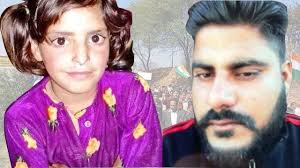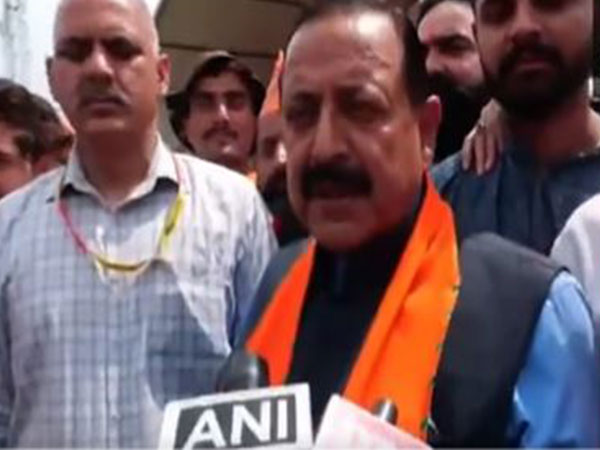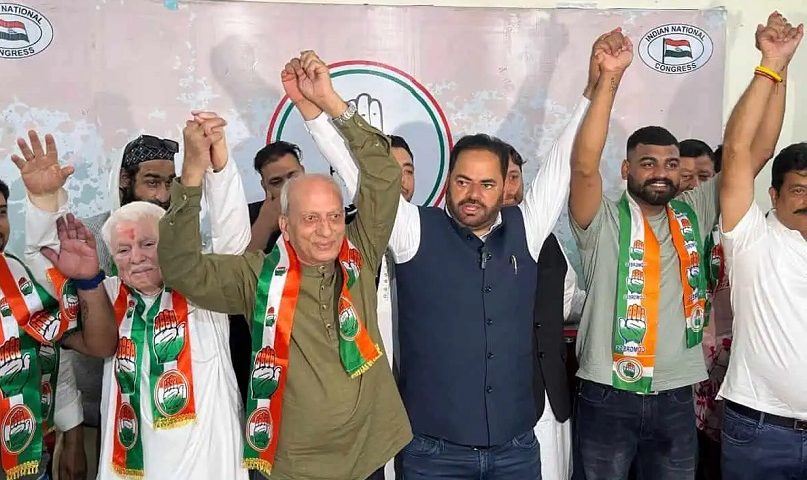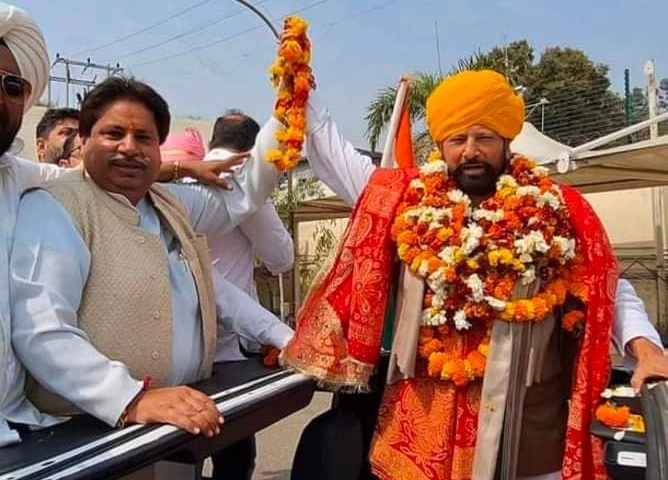She was an innocent Gujjar girl before her life was cut short by some monsters. The brutes also outraged her modesty. This horrendous crime took place in Rasana village in the Hiranagar belt of Kathua in Jammu where she used to take to the dusty streets like any other child of her age. She was just eight years old.
This terrible crime has been communalised by political groups looking for electoral dividends in their respective areas of influence where they think that exploitation of this incident would fetch them Muslim or Hindu votes. These communal elements have compounded the tragedy of the victim.
Some fundamentalists concluded even before the investigation had taken off that Hindus had committed the crime. When one teenager and two Special Police Officers were arrested, these elements cried from rooftops “we told you so”. Their anti-Hindu rhetoric covered not just the arrested in the case but the whole community. Such was the intensity of their hatred that they even concluded that the design was to drive out the Gujjars and Bakerwals — nomads — who had been living for centuries in the area. The Crime Branch of the police probing the case also obliged these communally and politically influential men and women. Why? They wove conspiracy theories without any basis.
Inevitably, the communal narrative has provoked counter-communal expressions. This happens when criminals are linked to a community and wider designs are seen behind the crime. Ironically, both sides are using the religious card to seek justice for the victim.
This competing communal narrative makes it clear that neither side is interested in a free and fair investigation. The ruling coalition partners — PDP and BJP — have muddled the affair. The Crime Branch inquiry is not above board, and the CBI inquiry, if ordered at all, is not going to be something divine. Those in the PDP extolling the police and reiterating their faith in the state police were the ones who had rubbished the police probe into the Shopian rape and murder case in 2009. What has changed since then — that they were in the Opposition that time, and now they are ruling the state.
The BJP has foolishly fallen into the trap perhaps willingly and blessed the counter-communal narrative. Its blessing to the Hindu Ekta Manch, which has been alleging that the current investigation under the political pressure of Kashmiri Muslim leaders is lop-sided, is a direct onslaught on the diverse culture of Jammu. The Hindu Ekta Manch cannot be the representative of the people of Jammu. At present, there are 30,000 Kashmiri students enrolled in Jammu schools and colleges. They feel safer in Jammu than their homes in the Valley.
Gujjars have a special place in the ethos of Jammu since the time of the Dogra rule. They are the bridge between the mountains and the plains. There was, and is, a deep respect for the nomadic culture. The Gujjars are integrated into the ethos of the composite culture of the state and much of the work has been done in Jammu. Their commitment to the unity and integrity of the Indian nation is unmatched. They have suffered at the hands of militants. Militants burnt them alive in Rajouri in 2002 .They were targeted for their nationalistic approach and the secessionists and separatists look down upon them. Whenever they face problems, they identify themselves with their fellow tribes in Rajasthan and Haryana which belong to a different faith, though.
They may not be a voter of a particular party — that is their democratic right and choice. It should be respected. For petty politics, they should not be allowed to be used by anti-national elements. The BJP, in articular, should understand it. Gujjars should be treated with the same respect that they have been getting for centuries.
The launch of the Hindu Ekta Manch has only helped anti-national elements who want to cause communal trouble in Jammu. The 8-year-old victim will never get justice this way. It will not allow her to rest in peace.
Communalists won’t let Kathua minor rape victim rest in peace






